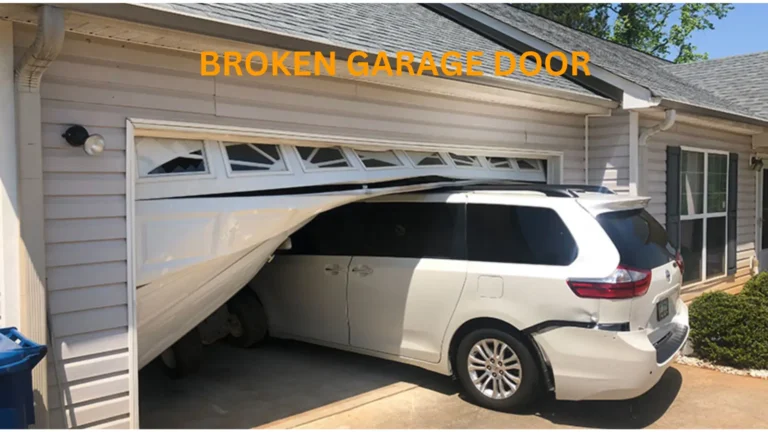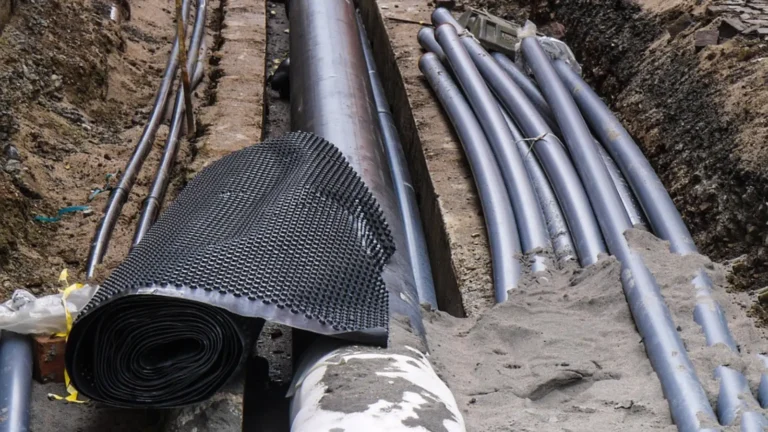Can I Refuse a Home Insurance Inspection in the United States?
Home insurance is a way to protect one of your most valuable assets. However, part of the process often includes a home inspection. Many homeowners wonder if they can refuse this inspection and what the implications might be. This article will explore the purpose of home insurance inspections, your rights as a homeowner, and what happens if you decide to refuse the inspection.
Understanding Home Insurance Inspections
Home insurance inspections are typically conducted by the insurance company to assess the condition and value of your property. These inspections help insurers determine the level of risk they are taking on by insuring your home. Here are a few key reasons why insurance companies conduct these inspections:
- Risk Assessment: To identify potential risks or hazards that could lead to future claims.
- Valuation: To ensure that the coverage amount is appropriate for the value of the property.
- Condition Verification: To verify that the information provided during the application process is accurate.
- Liability Identification: To identify any liability issues that might need addressing.
Can You Refuse a Home Insurance Inspection?
Legally, you can refuse a home insurance inspection. However, refusing the inspection can have significant consequences. Here’s what you need to consider:
- Policy Denial or Cancellation: The insurance company may refuse to issue a policy or may cancel an existing policy if you refuse the inspection. They need to assess the risk accurately, and without an inspection, they might not be willing to provide coverage.
- Higher Premiums: If the insurer decides to provide coverage without an inspection, they may charge higher premiums to offset the unknown risks.
- Limited Coverage: The insurer might offer limited coverage, which might not fully protect your home in the event of a loss.
Why Homeowners Might Refuse an Inspection
While it is generally in your best interest to allow the inspection, there are reasons some homeowners might refuse:
- Privacy Concerns: Some homeowners may feel uncomfortable allowing strangers to inspect their home.
- Cost: If repairs or updates are required as a result of the inspection, the homeowner might be concerned about the associated costs.
- Time and Inconvenience: Scheduling and accommodating an inspection can be inconvenient, especially for busy homeowners.
What Happens If You Refuse the Inspection?
If you refuse a home insurance inspection, the insurance company will have to decide how to proceed. Typically, the following scenarios may occur:
- Policy Non-Issuance: The insurer may decide not to issue the policy if the inspection is deemed necessary for risk assessment.
- Policy Cancellation: If you already have a policy, the insurer might cancel it if an inspection is refused after a certain period.
- Amended Terms: The insurer might offer the policy but with amended terms, such as higher premiums or limited coverage.
Alternatives to Refusal
If you have concerns about the inspection, there are alternatives to outright refusal:
- Negotiate the Terms: Discuss your concerns with your insurance agent. They might be able to negotiate terms that are more acceptable to you.
- Choose a Different Insurer: Some insurance companies might have different requirements. Shopping around could yield an insurer with more lenient inspection policies.
- Prepare for the Inspection: Address any obvious issues before the inspection. This can help minimize the potential for costly repairs and increase the likelihood of a favorable inspection report.
Conclusion
While you can legally refuse a home insurance inspection in the United States, it’s essential to understand the potential consequences. Refusing an inspection could result in higher premiums, limited coverage, or even the denial or cancellation of your policy. To protect your home adequately, it’s usually in your best interest to allow the inspection and address any issues that may arise. If you have concerns, communicate with your insurance agent to find a solution that works for you.




